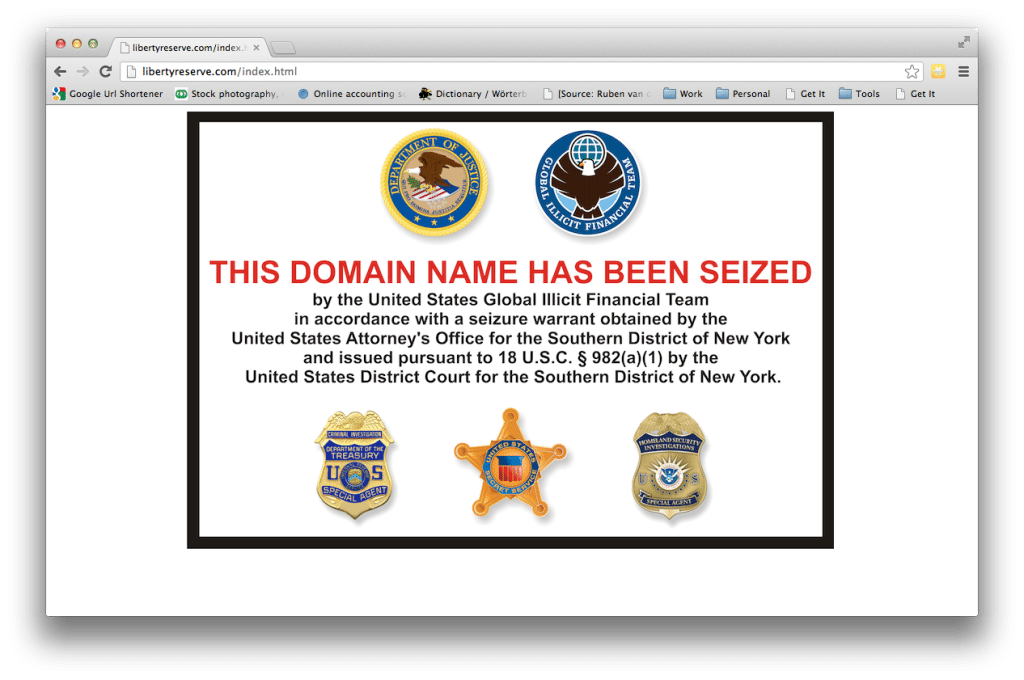Lots of aspiring technology start-ups dream of getting their product written up in The New York Times or Wall Street Journal when it launches. For Crowdstrike Inc. a two year-old security start-up based in Laguna Niguel, California, media attention from the papers of record hasn’t been an issue. This reporter counted twelve articles mentioning the company in The Times in the last year, and another two reports in The Journal. Much of that ink has been spilled on stories related to Crowdstrike research on sophisticated attacks, or the company’s all-star executive team, including former McAfee executives George Kurtz (CEO) and Dmitri Alperovitch (CTO), as well as former FBI cybersecurity chief Shawn Henry (Crowdstrike’s head of services), who left the Bureau in April, 2012 to join the company. For much of that time, Crowdstrike has been known mostly as a security services and intelligence firm, but the goal was always to […]
RSA
Fraud Analytics: You’re Doing It Wrong!
One of the most vexing problems in computer security today is distinguishing malicious from legitimate behavior on victim networks. Sophisticated cyber criminals and nation-backed hacking groups make a point of moving low and slow on compromised end points and networks, while victim organizations are (rightly) wary of disrupting legitimate business activity for the sake of spotting a breach. In this Security Ledger Podcast, Paul interviews Jason Sloderbeck, Director of Product Management at RSA, EMC’s security division. Jason talks about RSA’s Silvertail fraud analytics technology, and the organizational and technology issues that keep victims from spotting attacks. One of the big mistakes organizations make when they investigate attacks, Sloderbeck said, is focusing too narrowly on a point in time during a web session that is felt to be a good indicator of compromise – like when a user authenticates to a service or “checks out” on an e-commerce web site. “There’s a whole […]
Illiquid: Liberty Reserve Gone, Cybercrooks Look For Alternatives
Now that authorities in Spain, Costa Rica and the U.S. have taken down online money transfer service Liberty Reserve, the cyber underground is facing a serious liquidity crunch, as criminal gangs, botmasters, spammers and malicious hackers look for a safe platform on which to transact business. But finding a ready substitute may not be easy, with Liberty Reserve’s close competitors showing less tolerance of its “no questions asked” account creation policy, and less scrupulous outlets wary of the long arm of the U.S. Justice Department. Liberty Reserve (libertyreserve.com) went offline on Friday along with dozens of other domains operated by its founder, Arthur Budovsky – a.k.a. “Arthur Belanchuk” a.k.a “Eric Paltz.” Budovsky was arrested in Spain on May 24th. Spanish authorities acted at the request of authorities in Costa Rica, where Budovsky had set up shop, and the U.S. A three-count criminal complaint filed there by the U.S. Attorney for the […]
AppSec And The Ghost In The Supply Chain
Tomorrow afternoon, Security Ledger, with help from our sponsor Veracode, will record its first video conversation. The show’s name: Talking Code (#talkingcode). The topic: application security, and – in particular – securing the supply chain. Joining me for the discussion will by Chris Wysopal, the co-founder and CTO of Veracode and Joshua Corman, the Director of Security Intelligence at Akamai Inc. Two things: you can send us questions or comments on Twitter. Our discussion will be filmed in studio, not live, but we’ll be tweeting comments live and engaging in realtime via Twitter. Just use the hashtag #talkingcode to pose questions. Say the term “supply chain,” and people immediately think of automobile and electronics manufacturers, who must assemble products from components makers scattered around the globe. These days, however, its not just manufacturers who have to worry about supply chains. Almost every company has a “supply chain” in one form or […]
Report Exposes Links Between Chinese Govt., Hacking Group
If you read one story today (besides this one, of course!) it should be The New York Times’ write-up of a just-released, 60-page report (PDF) on a Chinese hacking group known as APT1 by the security firm Mandiant. At a one level, the report doesn’t tell us anything we didn’t already know: APT1 is a professional, hacking crew that operates from within China and with the full knowledge and support of the Chinese Government. Most of us already suspected that. The report is worth reading for the depths of Mandiant’s research into APT \1 and the revelations of just how close the ties are to the Chinese government and, particularly, the People’s Liberation Army (PLA). Specifically: Mandiant is able to parse the findings of around 150 intrusions it has analyzed that are attributable to APT 1 – which is probably some small fraction of all the attacks the group has carried out. […]



